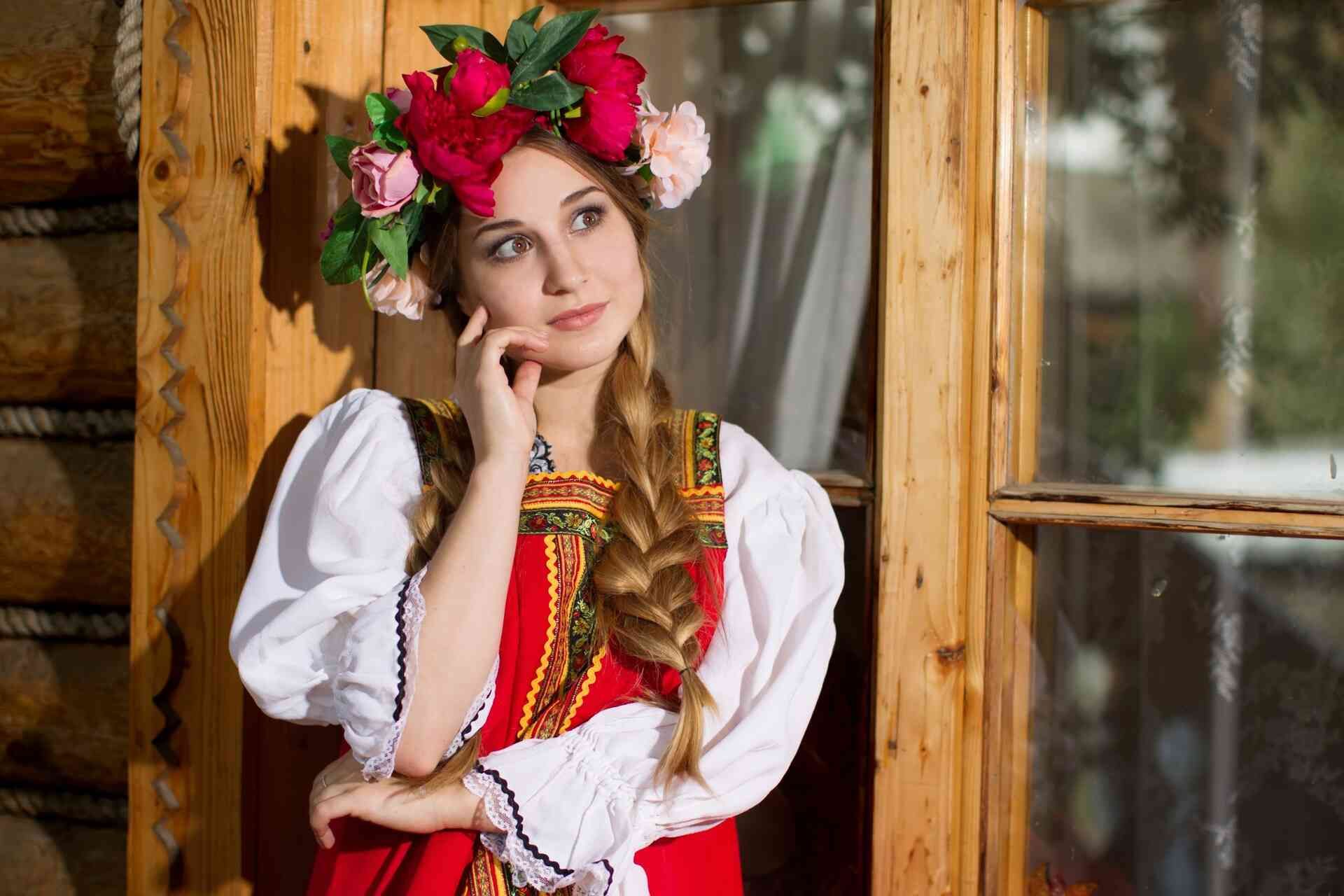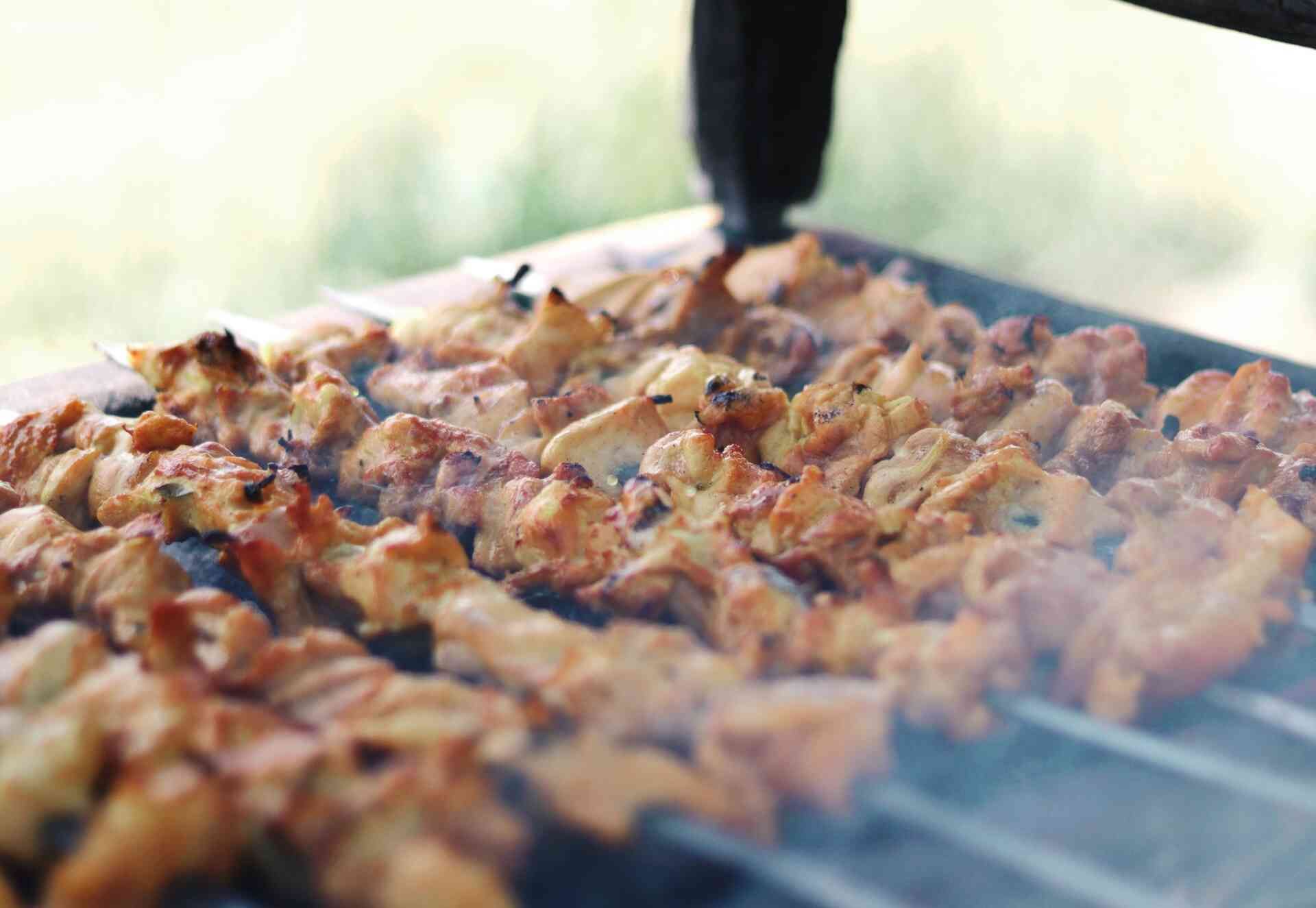Do you have a dacha?
А у вас есть дача? This question is often asked in Russia to anyone living in a large city. With the tremendous rhythm which is imposed on everyone living in a town, the contact with nature is limited.
And a Russian dacha… barely uttered, the word brings into mind images of woods and rivers. The earthy smell of mushrooms in autumn and the sweet fragrance of flowers in spring, the gay tweets of birds, and the sound of rain on the roof, and endless fishing parties (though often unsuccessful).
And who doesn’t like the atmosphere of a campfire, few notes played on a guitar and songs flying away high in the starry sky, long conversations with friends, barbecue и ещё многое, многое, что абсолютно невозможно проделать в городе (and more, so much more, that is just impossible to do in any city)?
Even if the toilets are in the back of the garden and running water is just a dream, even if электричество, порой, отключают без предупреждения, а газ – это редкая роскошь (electricity can be cut any time without warning and gas is rare luxury), what are those small disadvantages in comparison with the feeling of freedom on your plot of land.
A bit of history
Russian dachas first appeared during the reign of Peter the Great, when plots of land were given to the most loyal of his men as gratification. But until the end of the 19th century, only the middle and upper class of the population could enjoy a relaxing time out of town.
During the Soviet times, small plots of land (usually no more than 6 hectares) were given to the best workers. The size of the house was restricted, but many were happy to get out of the town and spend time close to nature and grow their own fruits and vegetables.
После перестройки участки земли стали продавать (after the perestroika, it became possible to buy your own plot of land). With more than 25% of the urban population owning a dacha, Russia is the country with the largest number of owners of second homes.
Summertime in the Russian dacha

In Russian, Лето – это маленькая жизнь (summer is a “little life”). After long winter months, summer is like a rebirth, time to build something new, to plant, to live. Being ill-equipped, the dacha still the best place to spend the short warm months.
Children and retired people spend there their summer, while workers enjoy their weekends and summer vacations away from the city. They grow fruits and vegetables in their garden, prepare wonderful jams and pickle cucumbers for the winter, pick up berries or mushrooms in the surrounded forest.
Russians have a real urge to be with others, being alone is something quite unknown to them. Going to the dacha doesn’t mean being away from the rest of the world. Friends are invited, neighbors come by to share an idea, exchange seeds and recipes, talk about life. It’s warm Russian hospitality.
You never can say that you built and grew everything that you want. Because the dacha is the place where you create, change, rearrange, transplant, try new recipes… just enjoy the days as they come.
Nowadays, the concept of the Russian dacha has evolved a lot, and wealthy Russians buy bigger plots of land to build houses with all commodities in which they decide to live permanently.
How to prepare a real shashlik
And because life in the dacha wouldn’t be worth it without a good barbecue party, you can try the following recipe to enjoy the day with your friends.
Trim away all the fat of the meat and cut into big chunks 1 kg of lamb, pork, or chicken. Place it in a bowl with chopped onions, garlic, parsley, salt, and pepper. Add pomegranate juice and lemon finely chopped. Cover and let rest for at least 4 hours (if you can prepare it the night before it’s even better). Light the barbecue, skewer the meat and enjoy your meal.

